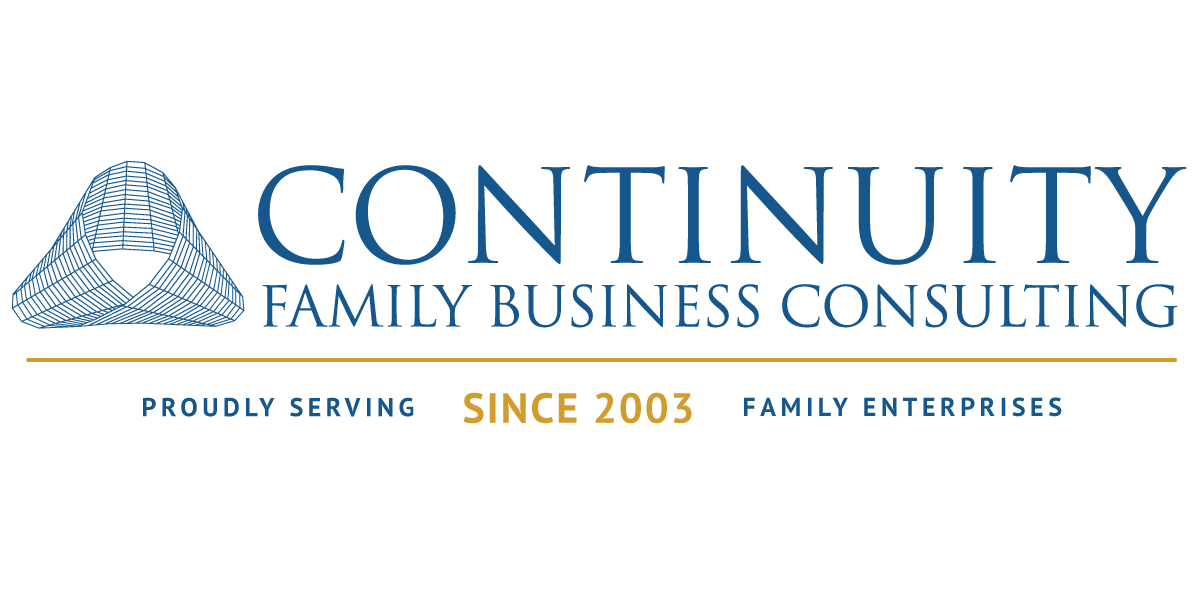What’s Considered ‘Fair’ in Family Business?
4 things to consider when seeking outcomes that are acceptable to all stakeholders
Byline: Rikk Larsen
Read time: 4 minutes
The question of what is fair has perplexed many family business owners, and their search for fairness often results in conflict. Why? Because when it comes to the search for fairness—there is no single answer.
The term ‘fairness’ can have different meanings. In business, fairness is based on merit—the more you produce, the more you should earn; when it comes to ownership, fairness is proportional—the more you own, the more benefit of control and distributions of profit you should have; and for families, fairness is often (but not always) based on need. In families, needs can be financial or they can be less tangible; some children might need more care, more attention, more support than others.
Bottom line: Nothing is fair. Therefore, a family’s goal should not be to answer the question of what is fair but to find solutions where people feel fairly treated and accept the outcomes as reasonable. If people believe that the process in determining an outcome was fair and transparent, they are more likely to believe that the outcome is fair — or, at least they will be able to accept the outcome. But, even a fair process doesn’t guarantee that fairness will have been achieved or that the result is reliable for the long term.
In this commentary, we’ll examine a few concepts to consider when seeking an outcome that everyone will accept while feeling fairly treated.
1. A fair process vs. a fair outcome
Regardless of the outcome, did the process leave stakeholders feeling fairly treated? Going through a process that all stakeholders agree is fair often ensures that the outcomes are accepted. Even if an outcome isn’t fair, if the process to determine the outcome was agreed upon by all parties, and there were no secrets or side agreements, the outcome will be difficult to argue with.
For example, if two people are splitting a pie, they may agree that to determine who gets what piece, they’ll flip a coin—person A will cut the pie, and person B will choose the slice. If person A cuts the pie and person B chooses the bigger slice, the amount of pie each person gets per slice may not be equal, but because the process was agreed upon and fair, the outcome is difficult to argue.
2. Fairness changes
When it comes to fairness, time is often a concern as values can change and what seems fair today may seem unfair in retrospect.
Let’s say a mother and father decide to gift shares of the business to their children who choose to work at the business and give an equivalently valued parcel of real estate to the other kids who choose to not work there.
Over time, the land may grow in value and become far more valuable than the business itself. This increase in value requires very little work by the children who own it, versus the other children who work for the business and work hard and do well for themselves. Because of this, there may be a feeling that the unexpected rise in the value of the land resulted in an unfair economic situation among the siblings.
3. Information sufficiency
What seems fair to begin with can turn out to be unfair when all parties involved aren’t being open and honest. One party may agree to an outcome only to discover later that some details weren’t disclosed, leaving them feeling cheated and treated unfairly. When it comes to ‘fairness,’ honesty, disclosure, and transparency are requirements for outcomes to be considered acceptable and withstand the test of time.
4. Leaving the decision to an outside party
In certain situations, what is ‘fair’ can be determined by a third party. While finding an unbiased arbitrator who is knowledgeable about the issues in question and trusted by all parties can be difficult, sometimes their decision, or even their opinion, can be helpful. In many cases, what is fair is simply decided by the court, judge, or arbitrator and the outcome is not up for debate—whether or not those in the family find the outcome acceptable, it’s an outcome they have to live with. This can work well for non-existential issues. However, for issues that are of primary importance to individuals, it is always preferable for those impacted by an outcome to retain control over that outcome.
In short, nothing is really fair. This is partly because fairness looks different from where you’re sitting, and each stakeholder will see what is fair differently. There will always be multiple views surrounding the fairness of an issue, and the closest to “fair” you can get is whether or not you and other stakeholders feel fairly treated and can accept the outcome.
How we can help
Is your family in conflict over issues related to fairness? Continuity specializes in conflict management and mediation services for enterprising families. We help families and develop processes where all stakeholders will feel treated fairly.
About Us
Continuity Family Business Consulting is a leading advisory firm for enterprising families. Using a full suite of service capabilities, we help families prevent and manage the single greatest threat to family and business continuity: conflict. It is through this lens that we advise our clients and build customized strategies for succession planning, corporate governance, family governance, and more. We help families improve decision making, maximize potential and achieve continuity. To inquire, visit https://continuityfbc.com/contact-us or call (617) 500-3110.

